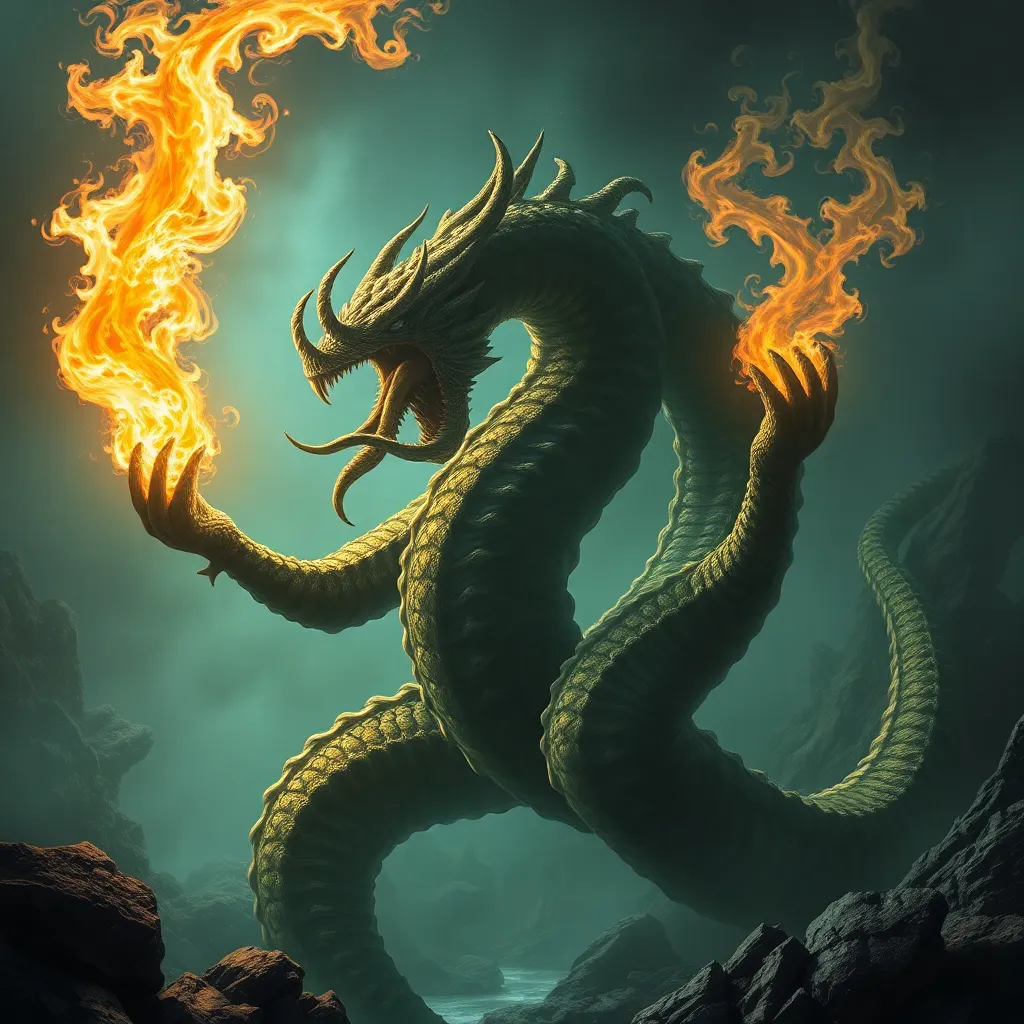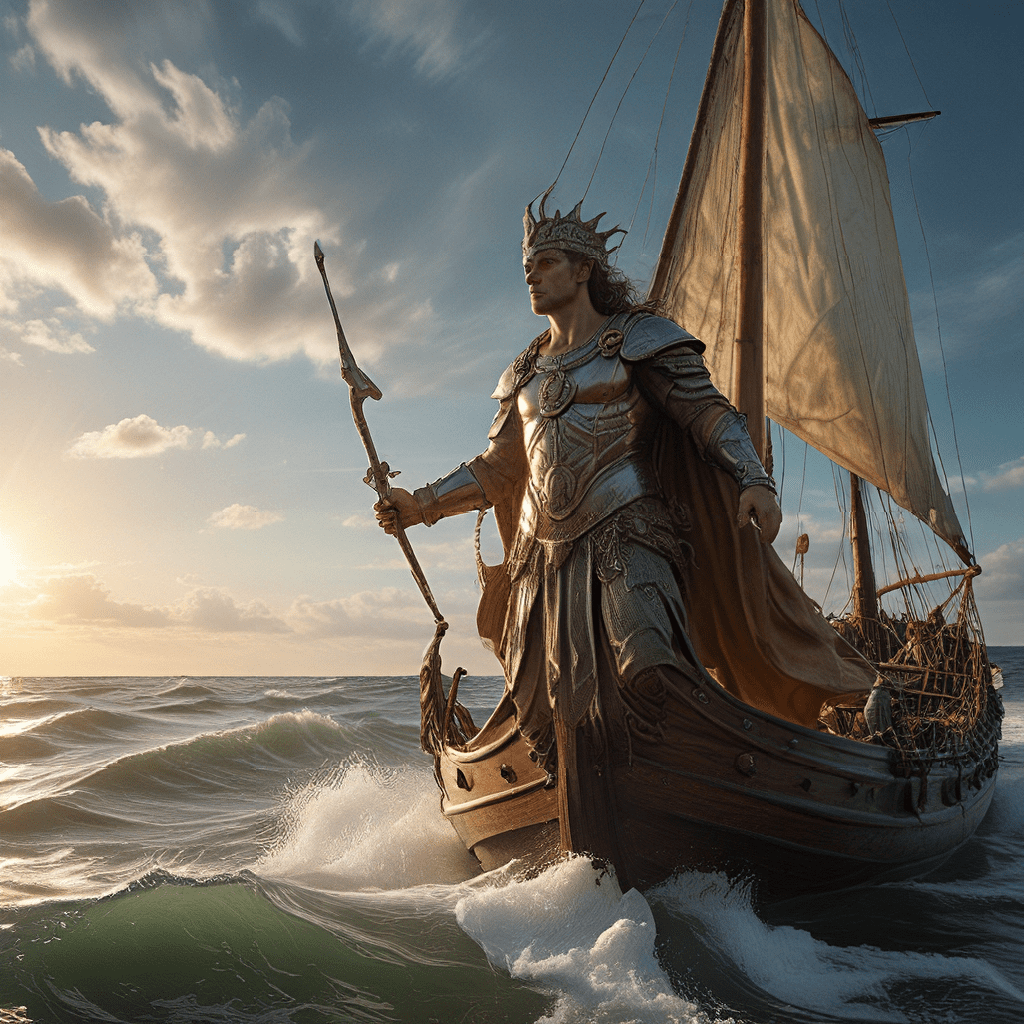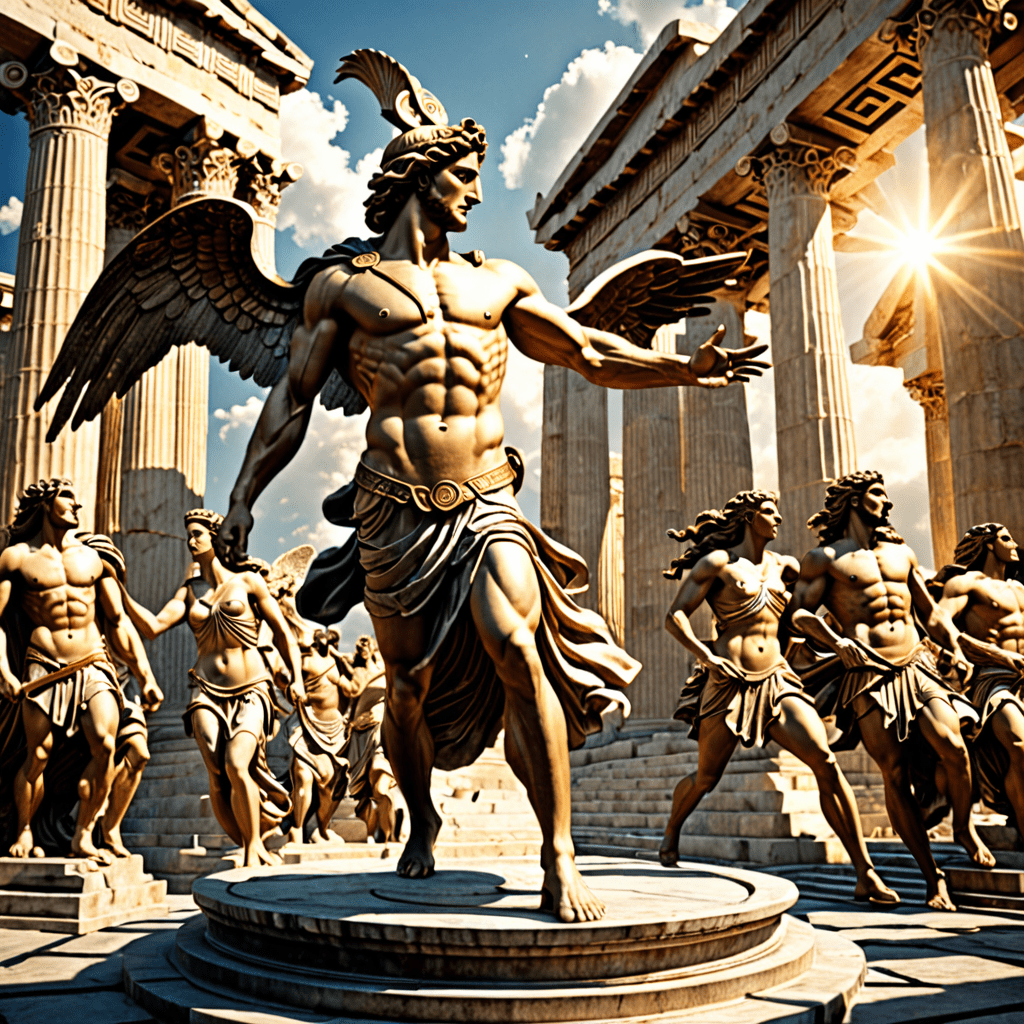The Mythology of Cultural Heroes: A Deep Dive
I. Introduction
Cultural heroes are pivotal figures in the narratives and histories of societies, embodying the ideals, values, and struggles of their people. These heroes often represent the best qualities of humanity, serving as symbols of hope, resilience, and perseverance.
The importance of cultural heroes lies in their ability to inspire individuals and communities, shaping identity and collective memory. They act as role models, guiding societal norms and ethics while also providing a lens through which we can understand our past and navigate our future.
This article aims to explore the mythology of cultural heroes by examining their historical context, characteristics, roles in society, and the evolution of their narratives, especially in the digital age. We will also analyze the intersection of cultural heroes with feminism and critique traditional hero narratives.
II. Historical Context of Cultural Heroes
A. Origins of cultural heroes in ancient civilizations
The concept of cultural heroes dates back to ancient civilizations, where figures such as Gilgamesh and Achilles were revered for their extraordinary feats and moral dilemmas. These early heroes often emerged from oral traditions, where their stories were passed down through generations, evolving with each retelling.
B. Evolution of hero myths through different eras
As societies progressed, so did the narratives surrounding their heroes. In the Middle Ages, for instance, heroes like King Arthur and his knights reflected the chivalric ideals of the time. The Renaissance brought forth a new wave of heroes, often depicted in literature and art, showcasing humanism and individualism.
C. Comparison of cultural heroes across various cultures and societies
Cultural heroes can be found across the globe, each reflecting the unique values of their societies. For example:
- In Greek mythology, heroes often faced divine trials, emphasizing the relationship between humans and gods.
- In African folklore, trickster figures like Anansi challenge societal norms and conventions.
- In Indigenous cultures, heroes are often linked to nature and the land, embodying a deep respect for the environment.
III. Characteristics of Cultural Heroes
A. Common traits and qualities of cultural heroes
Cultural heroes typically share certain traits, including:
- Bravery and courage in the face of adversity.
- A strong moral compass and sense of justice.
- Resilience and the ability to overcome obstacles.
B. The role of morality and ethics in hero narratives
Morality plays a crucial role in hero narratives. Heroes often face ethical dilemmas that test their character, and their decisions can have far-reaching consequences for themselves and their communities. This moral framework helps reinforce societal values and expectations.
C. The significance of transformation and trials
Transformation is a common theme in hero myths. Many heroes undergo significant personal growth as they confront trials, learn valuable lessons, and emerge stronger. This journey not only highlights their resilience but also serves as a metaphor for the human experience.
IV. The Role of Mythology in Shaping Cultural Heroes
A. The interconnection between mythology and cultural identity
Mythology serves as a foundation for cultural identity, with heroes often acting as embodiments of national or ethnic pride. The stories of these heroes help forge a collective identity, uniting people around shared values and narratives.
B. How myths reinforce societal values and norms
Myths play a critical role in reinforcing societal norms. Through the actions and decisions of heroes, myths convey messages about right and wrong, acceptable behavior, and the consequences of one’s actions, helping to instill these values in the next generation.
C. Analysis of symbolic elements in hero myths
Symbolism is abundant in hero myths, with various elements representing broader concepts. For example, a hero’s journey often symbolizes the quest for self-discovery, while a mentor figure may represent wisdom and guidance.
V. Case Studies of Prominent Cultural Heroes
A. Analysis of figures from Western mythology (e.g., Hercules, King Arthur)
Western mythology is rich with cultural heroes. Hercules, known for his incredible strength and twelve labors, symbolizes the triumph of human spirit over adversity. Similarly, King Arthur represents nobility and the quest for justice, embodying the ideals of chivalry.
B. Exploration of Eastern cultural heroes (e.g., Sun Wukong, Ganesha)
In Eastern traditions, heroes like Sun Wukong from “Journey to the West” highlight themes of rebellion and transformation. Ganesha, the remover of obstacles, symbolizes wisdom and success, showcasing the diverse characteristics attributed to cultural heroes in different cultures.
C. Contemporary cultural heroes in modern media (e.g., superheroes in comics)
Modern media has given rise to a new breed of cultural heroes, particularly in the form of superheroes. Characters like Superman and Wonder Woman embody ideals of justice, equality, and resilience, resonating with contemporary societal challenges and aspirations.
VI. The Impact of Cultural Heroes on Society
A. The influence of heroes on national identity and pride
Cultural heroes often serve as symbols of national identity, fostering a sense of pride and unity among citizens. They are celebrated in literature, art, and public monuments, becoming integral to a nation’s narrative.
B. How cultural heroes inspire social movements and change
Throughout history, cultural heroes have inspired social movements, encouraging individuals to stand up for justice and equality. Their stories often serve as rallying points for collective action and change.
C. The psychological impact of hero narratives on individuals
Hero narratives can have profound psychological effects, providing individuals with models of behavior and resilience. They inspire people to confront their own challenges, fostering hope and determination.
VII. The Intersection of Cultural Heroes and Feminism
A. Examination of female cultural heroes throughout history
While many cultural heroes are male, female heroes have also played significant roles in mythology. Figures like Athena and Mulan challenge traditional gender roles, showcasing strength and intelligence.
B. The evolution of the female hero archetype in mythology
The archetype of the female hero has evolved over time, with contemporary narratives often reimagining traditional figures to reflect modern values of equality and empowerment.
C. Contemporary feminist reinterpretations of traditional heroes
Today, feminist reinterpretations of cultural heroes challenge the status quo. Characters like Katniss Everdeen from “The Hunger Games” embody independence and agency, inspiring a new generation of female heroes.
VIII. Critiques and Reinterpretations of Cultural Heroes
A. Deconstructing the traditional hero narrative
Critiques of traditional hero narratives have emerged, questioning the archetype’s applicability in today’s diverse society. Many scholars argue for a broader understanding of heroism that includes marginalized voices.
B. The role of post-colonial perspectives in reshaping cultural heroes
Post-colonial critiques highlight the need to reassess cultural heroes from a more inclusive perspective, recognizing the impact of colonialism and the complexities of identity in hero narratives.
C. The emergence of anti-heroes and their cultural significance
The rise of anti-heroes in modern storytelling reflects societal complexities, challenging the notion of a singular “good” hero. Characters like Walter White from “Breaking Bad” illustrate the moral ambiguities that exist within hero narratives.
IX. Cultural Heroes in the Digital Age
A. The impact of technology and social media on hero narratives
The digital age has transformed how we engage with hero narratives. Social media platforms allow for the rapid dissemination of stories, enabling new interpretations and representations of heroes.
B. New platforms for storytelling and hero representation
Digital storytelling platforms, such as blogs, podcasts, and streaming services, have democratized the creation and sharing of hero narratives, giving voice to diverse perspectives.
C. The rise of virtual heroes in gaming and online communities
Virtual heroes in gaming, such as those in role-playing games, offer players the opportunity to embody heroic identities, allowing for personal exploration and expression of heroism in a digital context.
X. Conclusion
In conclusion, cultural heroes are vital components of mythology that shape our understanding of identity, values, and societal norms. Their narratives evolve alongside society, reflecting the complexities of human experience. As we move forward, the study of cultural heroes continues to be relevant




